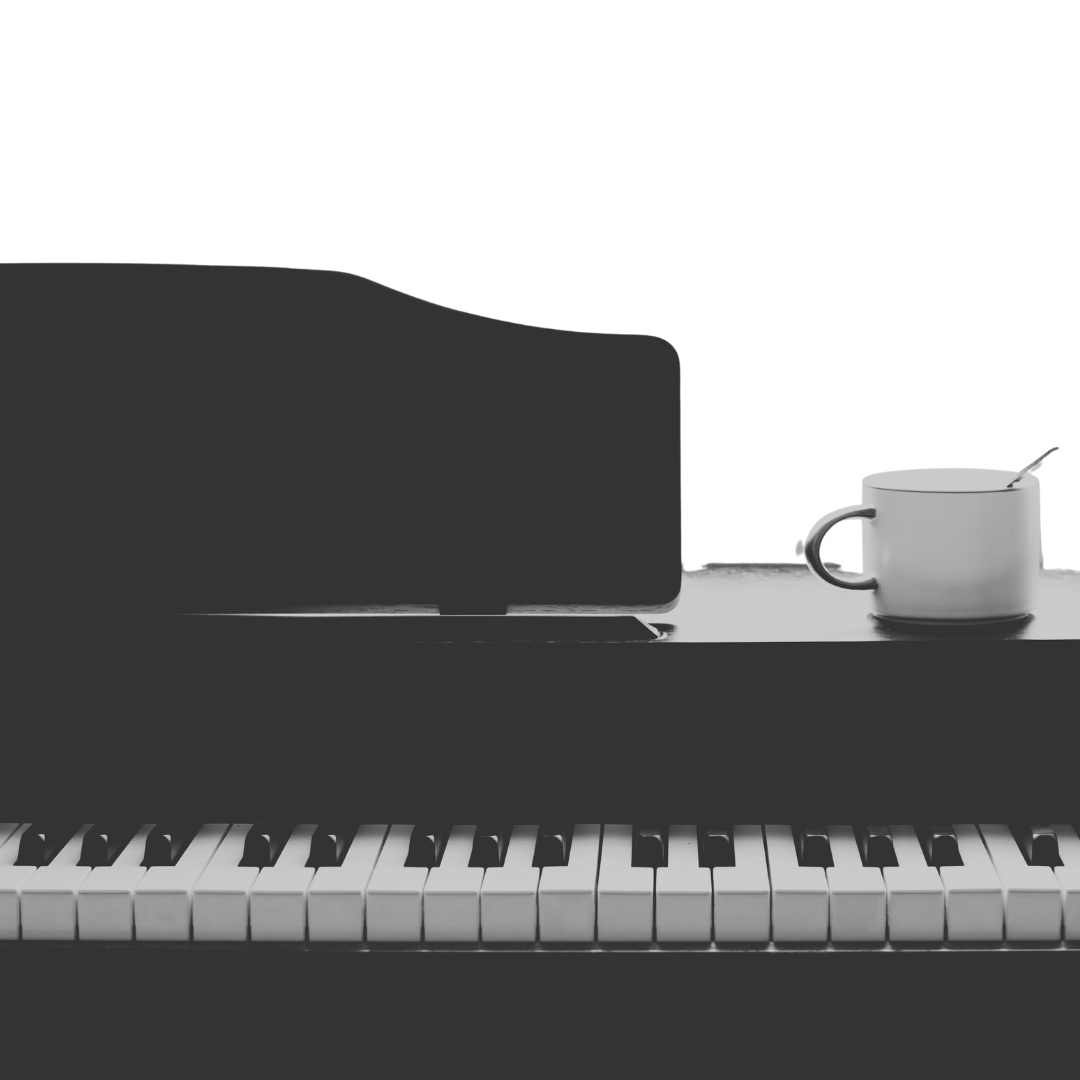Technique Intensive
If you are currently studying with another teacher, this session can act as a supplement. No need to switch teachers.
The Technique Intensive is a one-off chance to minimize tension, improve your technique, and hone your expressive capabilities through a body-based investigation of your playing habits.
The Starter Session will help you immediately find more ease along with:
A precise explanation of what is causing tension in your playing
A list of pianistic movements to avoid, to improve, and to keep
An examination of whole body involvement in playing, including posture and breath
Recommendations for self-study so that you can keep seeing results
A video recording of the session
At $175, the 75-min Starter Session provides the perfect entry point into a somatic learning process that will completely transform your playing!
Studio Membership
A blend of traditional piano lessons and body-based coaching, studio membership will allow you to develop your playing to the highest level. I will support you as you dig your fingers into the music you love the most—from pop, to rock, to classical. You can expect to get real results—constantly leveling up your coordination and technique, interpretation and expression, and confidence.
Beginners, I’m here for you! You are some of my favorite students to work with and I’ve helped students just like you go from DIY learning at home all the way to advanced repertoire.
To start, you may choose a starter package of four to six sessions. After the trial period, studio membership is billed on a quarterly basis with required attendance on a weekly or every-other-week basis. Rates range from $96-$156 per session, depending on the lesson duration.
My studio is small and space is limited. At the time of writing this I have space for just a few more students and I would love to meet you!
Functional Integration®
I don’t want you to get injured. I don’t want you to have neck pain. I want you to feel good when you play piano. For these reasons, posture should be the first technical skill you master. But, usually it isn’t and it’s hard to know how important it is until there is a problem.
I can help you fine tune your postural technique, so that you play with less tension, more control, and more confidence.
What does Functional Integration® look like? Because this session deals with whole body movement, most of the work will take place away from the piano. I will use gentle touch to guide you through a series of movement patterns to improve body awareness and coordination. Essentially, we will explore how you move, and you will leave feeling better, but also with new skills to apply to your playing.
The 60 minute session is $150 and will be catered to your specific interests, leaving you with new skills, answers to your questions, and afresh sense of ease.
LEARN TOGETHER
Wellness Workshops
As a Guild Certified Feldenkrais Practitioner, I regularly lead workshops for private music studios, music teacher organizations, and universities to promote musicians wellness. Each workshop centers on somatic experiences to improve ease in playing and optimize learning.
Below are some ideas from past workshops, but I’m always excited to create fresh, customized experiences!
Tackling Challenges Using the Feldenkrais® Approach - WWU Jan. 2025
The Feldenkrais Method® For Musicians - Suzuki “Move Better, Play Better” Workshop - Oct. 2024
The Right Brain’s Role in Music Making - WSTMA Conference June 2024
Clarifying the Role of the Shoulders - WWU Feb 2024
Enhancing Musicianship Through the Breath - WSMTA Conference June 2022
Please contact me to book a custom workshop or presentation or join the mailing list to learn about upcoming public classes and workshop.







![The [Insert Your Name] Method](https://images.squarespace-cdn.com/content/v1/521abfb8e4b0f11bee563902/1720546322568-873U4TFS6AM3XDGJYJKU/name.png)





